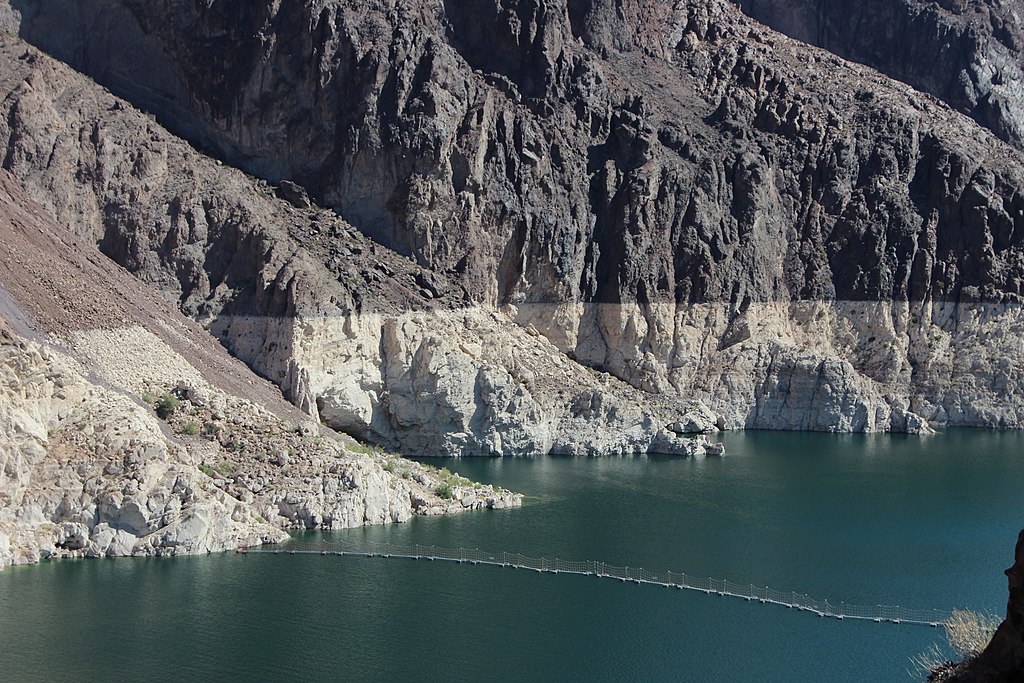
Saturday, Feb. 18, 2023
This story is available to Boulder Beat through the AP StoryShare platform. It was originally posted February 15
By Eric Galatas
Public News Service
As Colorado River Basin states grapple with ways to keep a river more than 40 million people, agriculture and industry depend on flowing, Wall Street is tapping water scarcity to deliver steep profits.
Gary Wockner, director of the group Save the Colorado, said hedge funds and other investors have acquired key parcels of land with water rights. In the early 2000s, Wockner pointed out, you could buy Colorado River water for about $8,000 dollars per acre foot. Last year, an acre foot was selling for $80,000 dollars.
“Over a 20-year period, it went up 1,000% in price,” Wockner noted. “That’s 50% per year, and that’s a pretty good profit, no matter what you’re investing in. And this is going on throughout the southwest United States.”
A recent CBS News report revealed New York-based hedge fund Water Asset Management, whose president once called U.S. water “a trillion-dollar market opportunity,” has invested $20 million in western lands over the last five years. The company, for its part, said its investments work to ensure supplies of quality water.
Wockner cautioned efforts to parlay water rights to command higher prices from southwestern cities whose populations continue to swell will likely continue, unless federal or state governments intervene. He emphasized the incentive to remove water, combined with a 23-year-old drought and climate change, has put the long-term health of the river at great risk.
“There’s been less and less water in the river, so we’re seeing dramatic negative impacts to the ecological health of the river itself,” Wockner stressed. “Fish species are being impacted. Riparian habitat, wildlife habitat, wetlands, et cetera, they’re all being impacted.”
Arizona, Colorado, Nevada, New Mexico, Utah and Wyoming recently submitted a proposal for ways to keep reservoirs from bottoming out. The U.S. Bureau of Reclamation is expected to release new rules this summer for dealing with shortages.
Wockner believes the role of government should not only be to ensure specific batches of water are delivered through the Colorado River to customers.
“But also to protect the public health and the environment,” Wockner asserted. “The government’s role isn’t to find a way for investors and wildly rich people to make more and more money off of Colorado River water.”
Want more stories like this, delivered straight to your inbox?
Climate Bureau of Reclamation CBS News Colorado Colorado River Colorado River Basin drought Gary Wockner hedge fund investment profits Save the Colorado Wall Street water rights
Sign up for a weekly newsletter from Boulder Beat.
Climate Bureau of Reclamation CBS News Colorado Colorado River Colorado River Basin drought Gary Wockner hedge fund investment profits Save the Colorado Wall Street water rights
